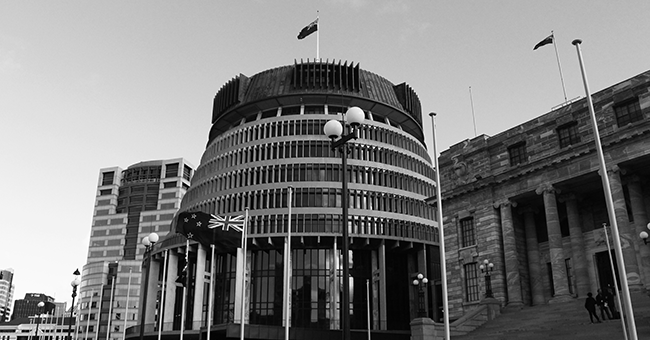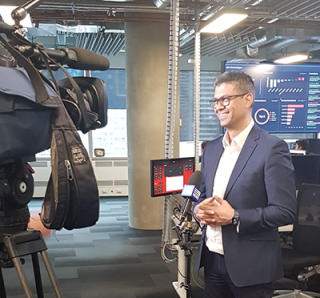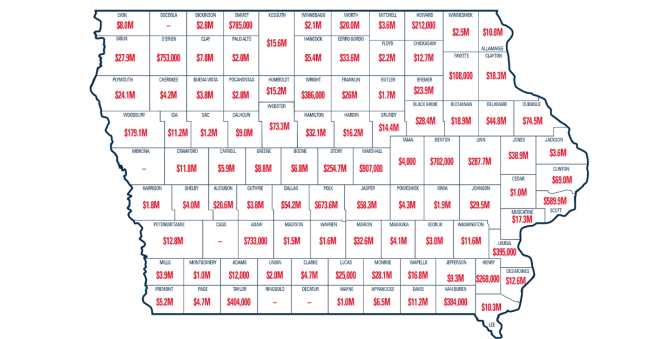Excess capacity, weak investment and low profit expectations continue to hurt Australia’s manufacturing sector as a result of COVID-19 restrictions, the latest survey of industrial trends has found.
The Australian Chamber-Westpac Survey of Industrial Trends has found business conditions remained weak in the September quarter as a result of COVID-19, with investment, profit and employment expectations low and production lower than capacity.
“The underutilisation of equipment and the workforce which results in excess capacity is bad news for any industry – it means less work to do and less people needed to do it,” ACCI CEO James Pearson said.
“The dramatic decline in the manufacturing sector appears to have bottomed out in the September quarter with the reopening of the economy in most states and territories, yet business outlook remains pessimistic – scarred by the second lockdown in Victoria.
“Coupled with expectations for most indicators (output, new orders, employment) continuing to trend downward, despite a marked slowing in the decline in the actual measure of these indicators, this survey tells us we have much more work to do to pull ourselves out of the slump.”
Westpac Senior Economist Andrew Hanlan said although business conditions remained weak in the September quarter, the rate of contraction had improved compared to the June quarter.
“The Westpac-AusChamber Actual Composite improved to 42.4 in the September quarter after falling dramatically to 24.0 three months earlier associated with the initial lock-down in response to covid.” Mr Hanlan said.
“With the activity index still sub-50, this suggests conditions are contracting, but at a much slower rate. The index remains well below its pre-covid level of 56 at the end of 2019.
“While the latest readings are generally an improvement on the extreme lows of the June quarter, the sharp, COVID-driven recession continues to have a significant impact on the manufacturing sector.
“Sentiment amongst manufacturers understandably has been dented by the pandemic and shaken by what is proving to be a challenging path to reopening. A net 18 per cent of respondents expect the general business situation to deteriorate over the next six months, little changed from a net 22 per cent in June.
“When it comes to their own businesses, the survey finds that expectations have been marked lower, impacted by the set-backs in Victoria. The Expected Composite slipped to 44.1 in September, down from 50.5 in June, pointing to an expected soft end to the 2020 year.
“The pandemic, and the resulting downturn, are casting a significant cloud over the outlook. Profit expectations are weak at -35, albeit up from -60 in the June quarter. Investment expectations are also weak, with a net 16% of respondents planning to reduce equipment investment over the next year.
“The survey’s Labour Market Composite points to employment across the economy remaining at weak levels over coming quarters, with the index at a soft 34.3, albeit up from 29.4 in June.”
Mr Pearson said that easing restrictions on travel between states and territories; and the upcoming Federal Budget; provided the best opportunity to reverse ongoing negative sentiment.
“We need to restore business and household confidence so that we get the investment, jobs and spending that will set the economy on the path to a strong recovery,” Mr Pearson said.
“ACCI has called for a sensible, nationally consistent approach to balance health risks with the economic and social costs of restrictions such as border closures and widespread lockdowns; and provided a pre-Budget submission to the Government with a range of initiatives that can be implemented this financial year to set the economy on a strong path for immediate recovery and longer-term reform.”
For the manufacturing sector, key Budget recommendations include:
- Making permanent the business investment incentives (instant asset write-off and accelerated depreciation deduction) to support business investment and drive economic growth out of the recession;
- Bringing forward the scheduled reduction in personal tax cuts to drive economic growth through increased household disposable income and consumption;
- Increasing support for research and development to drive private sector investment in innovation and technical improvement; and
- Continuing and expanding the commitment to regulatory reform to reduce the administrative burden and cost of compliance for business.
Download the full report here.








